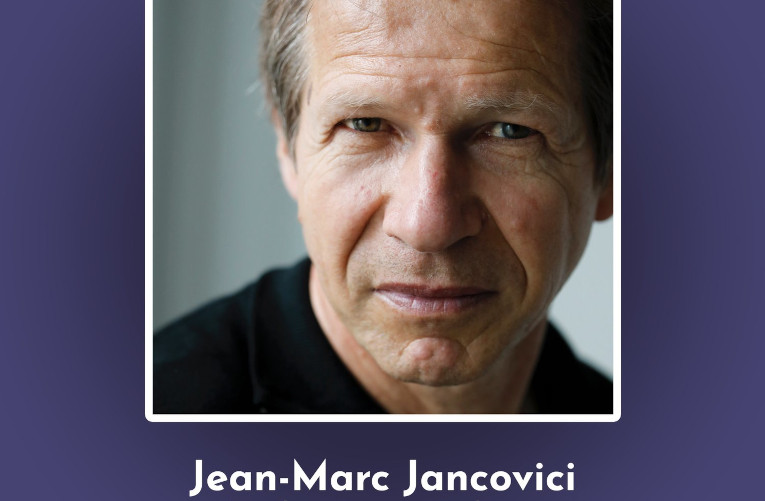(Conversation recorded on July 11th, 2023)
Show Summary
On this episode, Nate is joined by well-known French educator Jean-Marc Jancovici to discuss the critical importance of energy to modern economies. Together, Nate and Jean-Marc break down the fundamentals of our complex, growth dependent global economic system. How much of the stereotypical Western lifestyle is centered around access to cheap, surplus fossil energy? What would it mean for societies to lose this stable, cheap and abundant supply – and how would the people who have become used to it react? Will a shift in society’s institutions and expectations need to be forced upon us in a time of urgent change or is it possible for nations and societies to anticipate declining energy availability – to actively simplify before we are forced to by circumstances?
About Jean-Marc Jancovici
Jean-Marc Jancovici is a founding partner of Carbone 4, a Paris based consultancy and data provider specializing in low carbon transition, biodiversity impacts, and physical risks of climate change (www.carbone4.com). He is the founder and president of The Shift Project, a Paris based think tank advocating for a low carbon economy (www.theshiftproject.org). Jean-Marc Jancovici is also an associate professor at Mines ParisTech, member of the French High Council for the Climate, and (co-)author of 8 books and the website jancovici.com on energy and climate change issues. Jean-Marc Jancovici is a graduate from École polytechnique and Télécom ParisTech.
Watch on YouTube
Show Notes & Links to Learn More
00:00 – Jean-Marc Jancovici Info + Works, Carbone 4, The Shift Project
02:33 – Fossil Fuels are responsible for modern prosperity
03:36 – Global life expectancy at birth went from ~30 to ~65
04:23 – Shift to industrial and then tertiary jobs
04:43 – Energy per capita is correlated with urbanization
05:30 – Greenhouse Effect – Joseph Fourier
05:58 – Climate Drift
06:38 – Average laptop uses 40-60 metals to create
15:32 – Net zero, Decoupling
16:06 – World energy consumption against GDP it is nearly a 1:1 match
19:12 – Illusion of decoupling via trade
20:15 – Access to energy has increased over the last few hundred years
24:32 – There is no elasticity for essential resources
26:46 – Reiner Kūmmel
26:55 – Solow Residual
27:21 – Quantitative Easing adding false wealth
31:39 – Between 2010-2018 shale operators didn’t earn anything
33:01 – There’s nothing left after shale oil
37:27 – Climate Tipping Points
37:40 – Principle Collapse of the Western Atlantic Ice Sheet
38:01 – Complete melting of the Greenland Ice Sheet
38:15 – Amazon Rainforest possible to turn into a Savanna
41:09 – Retirement under the Royal Navy
43:12 – Barrel of oil worth 5 years of human labor (Section 4.3)
45:47 – Tainter, Complexification
46:06 – 100 years ago, the world only relied on 9 metals – today, there isn’t a single element on the periodic table that doesn’t have an industrial application
46:39 – The digital system requires 16-17 metals
47:22 – French Protests
47:33 – Russia/Ukraine situation effect on energy in Europe
53:45 – The US still has plenty of resources
56:23 – Shift Project – Plan to Transform the French Economy
58:06 – The World Without End
59:27 – Collapsologie
59:32 – Macron
1:03:29 – Online videos of Jancovici’s course
1:11:35 – ~50% of French people used to support nuclear energy, now it’s ~75% – also in the rest of Europe
1:19:46 – The Shifters
1:23:28 – Loss Aversion
























